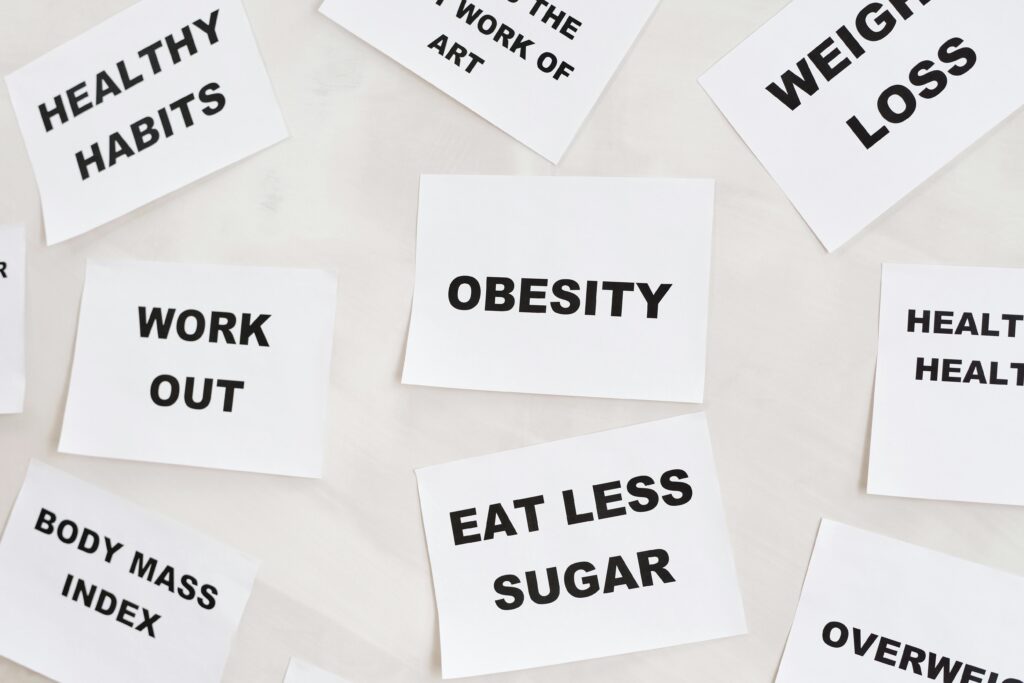The 7 Psychological Factors Behind Weight Loss Failure

Understanding the Mind’s Role in Physical Transformation
For many, the journey to lose weight is like setting out on a road trip with a full tank of gas and a hopeful heart; but no map. Despite best intentions, many people find themselves stuck in a frustrating cycle of effort and relapse, success and setback. The scale becomes an adversary, and the mirror reflects not only the body but also a deep sense of disappointment. Why does this happen? The answer often lies not in the body, but in the mind.
Weight loss failure is rarely about laziness or a lack of willpower. More often, it’s a complex interplay of psychological patterns, emotional triggers, and deeply rooted beliefs about food, self-worth, and control. To understand why people struggle to lose weight—and keep it off—we must first explore the inner terrain of the human psyche.
1. The Brain’s Resistance to Change
The human brain craves familiarity. It sees change, even positive change, as a threat to homeostasis, the stable equilibrium it constantly seeks. When you begin a weight loss plan, you’re challenging deeply ingrained habits and routines. That morning donut, the late-night snack, or the comfort of overeating during stress are all rituals your brain has learned to rely on.
In neurological terms, the brain has created strong pathways associated with food rewards. Every time you reach for a sweet or carb-heavy comfort food in response to stress, you’re reinforcing a neural connection. Trying to change that behavior means rewiring those connections, and the brain resists.
2. Emotional Eating: A Coping Mechanism
At the heart of many weight loss struggles lies emotional eating. Food can serve as a numbing agent; a way to soothe anxiety, distract from pain, or avoid uncomfortable feelings. When emotions rise, food often becomes a pacifier.
This relationship with food often begins in childhood. Perhaps sweets were used as a reward or a distraction. Over time, food becomes more than sustenance, it becomes emotional armor. If a person has never been taught or encouraged to deal with emotional discomfort in healthy ways, then food will remain their most reliable, accessible form of relief.
3. Self-Sabotage and Identity Conflict
Weight loss can trigger an internal identity crisis. Many people carry unspoken, even unconscious, beliefs such as:
- “I’ve always been the funny fat friend.”
- “People won’t like me if I’m not who I’ve always been.”
- “I don’t deserve to feel sexy or powerful.”
These beliefs can create cognitive dissonance, the discomfort of holding two conflicting ideas. You may want to lose weight, but if part of you believes you’re not worthy of the benefits, self-sabotage will inevitably rear its head. It might show up as “forgetting” your meal prep, skipping workouts, or justifying that third slice of cake with emotional logic.
This is not a moral failure, it’s psychological defense. Your subconscious mind is trying to protect your identity, even if that identity no longer serves you.

4. The All-Or-Nothing Trap
Perfectionism can be another silent saboteur. The moment a person breaks their diet, say, by eating a single cookie, they may feel the entire day is ruined and spiral into a binge. This “all-or-nothing” mindset reinforces failure and shame, which then fuels emotional eating, creating a vicious cycle.
Sustainable weight loss requires flexibility and self-compassion. Progress isn’t linear, and expecting yourself to be perfect is not only unrealistic; it’s unkind. The key lies in embracing imperfection while staying committed to the process.
5. Lack of Immediate Reward
Humans are wired for instant gratification. When you eat a cheeseburger, your brain gets a hit of dopamine. When you go for a walk or skip dessert, the reward is subtle, long-term, and often invisible at first.
This mismatch between effort and instant feedback can kill motivation. That’s why so many people give up when they don’t see dramatic changes quickly. Without psychological tools like journaling, mindset coaching, or supportive communities, it’s easy to revert to the comfort of quick rewards—even if they come at the expense of your long-term goals.
6. The Role of Stress and Cortisol
Stress is a major but often overlooked factor in weight gain and retention. Chronic stress leads to elevated cortisol levels, which can increase appetite, especially for calorie-dense foods, and encourage fat storage, particularly around the abdomen.
But more than just a biochemical reaction, stress also undermines the mental clarity and energy needed to stay consistent with healthy habits. It becomes harder to cook, plan, and move your body when you’re mentally overwhelmed or emotionally drained.
7. External Validation vs. Internal Motivation
Many people begin their weight loss journey driven by external validation: a desire to be admired, loved, or accepted by others. While this can spark initial change, it’s rarely sustainable. The real transformation happens when the motivation becomes internal, when you’re doing it because you care about your body, your future, and your peace of mind.
When motivation is internal, failure doesn’t feel like the end. It feels like information. You learn, you adapt, and you keep going. But when your sense of worth depends on outside praise, one misstep can feel like a complete identity collapse.

Healing the Mind to Transform the Body
The truth is, weight loss is more about healing than it is about dieting. It’s about healing the relationship with food, with your emotions, and most importantly, with yourself. No weight loss program will succeed unless it addresses the deeper psychological forces at play.
That’s why real change begins with compassion, curiosity, and courage. Compassion to forgive yourself for past “failures.” Curiosity to explore the emotional roots of your eating habits. And courage to rewrite the story you’ve been told about your worth and your body.
If you find yourself struggling, know this: you are not broken. Your body is not your enemy. And your weight does not determine your value. The journey to health is not a sprint; it’s a loving return to yourself.



